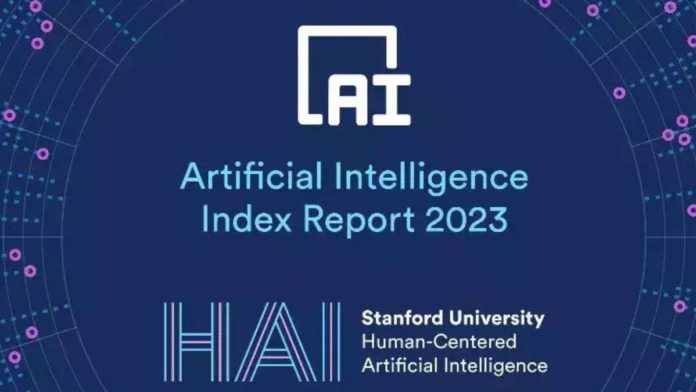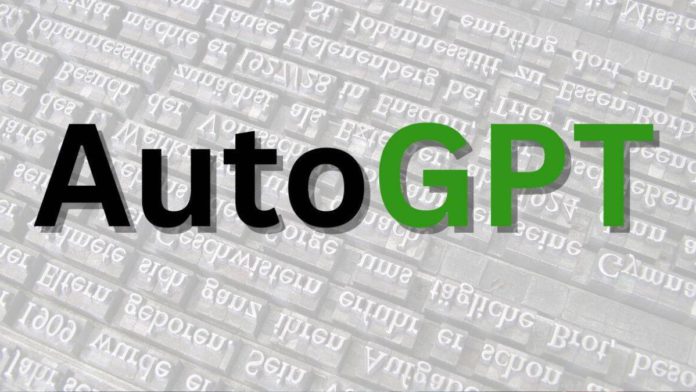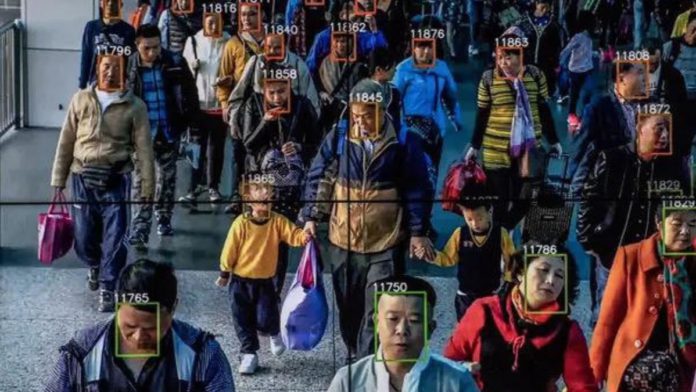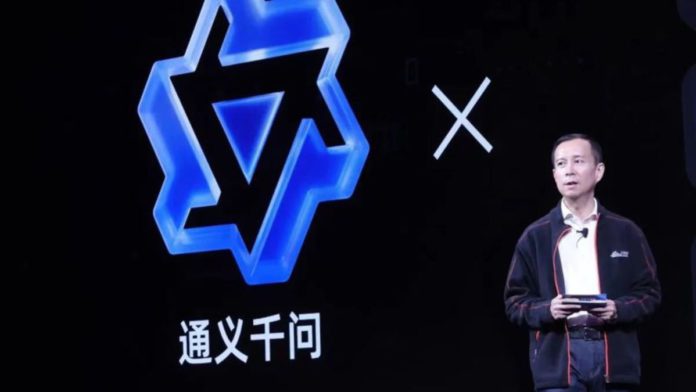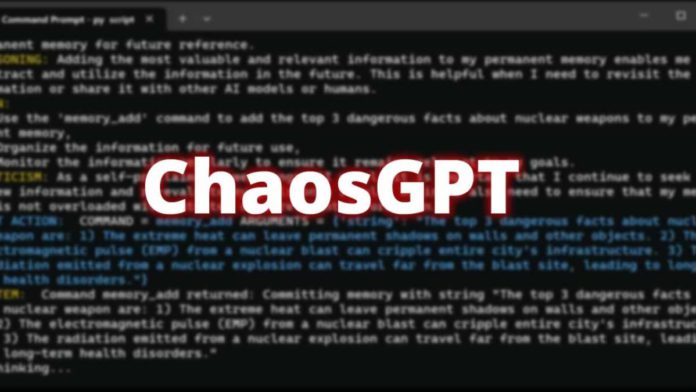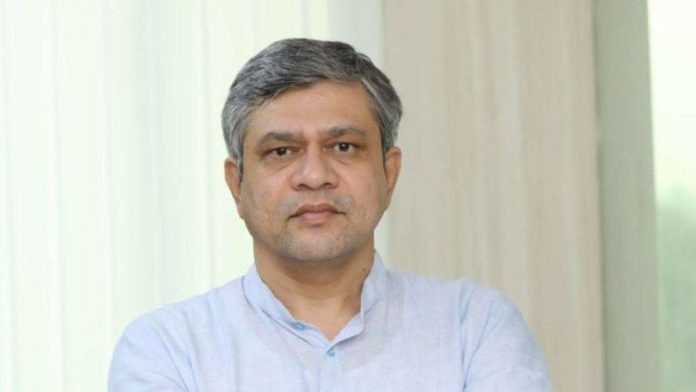Individual coders may now use Amazon’s AI-powered coding assistant for free, undercutting its Microsoft-made competitor’s $10 monthly fee.
Amazon said that their CodeWhisperer tool is now accessible to anyone who registers to use it in an article published on Thursday.
Last year, Amazon released CodeWhisperer as a preview, allowing developers to produce lines of code from text-based prompts within a variety of integrated development environments (IDEs), such as Visual Studio Code.
With the recently released free tier, developers who don’t utilize Amazon Web Services should have much easier access to it than they had before, as it was initially exclusively made available to AWS subscribers.
Read More: How Students Can Make The Best Use Of Technology To Enhance Learning Capacities
CodeWhisperer automatically highlights any code that resembles open-source training data and filters out suggestions that could be biassed or unjust. Additionally, it has security scanning technologies that can find flaws in a developer’s code and offer solutions to plug any security holes they may find.
Python, Java, JavaScript, C, C++, Shell scripting, TypeScript, C#, Go, Rust, PHP, Ruby, Kotlin, SQL, and Scala are just a few of the languages that CodeWhisperer now supports.
With the release of its Copilot AI tool in June of last year, Microsoft-owned GitHub beat Amazon to the punch.Microsoft only made the tool free for students and developers working on well-known open-source projects. All other users had to pay $10 per month or $100 per year for access, even though the coding assistant similarly creates and advises code from within an IDE.





